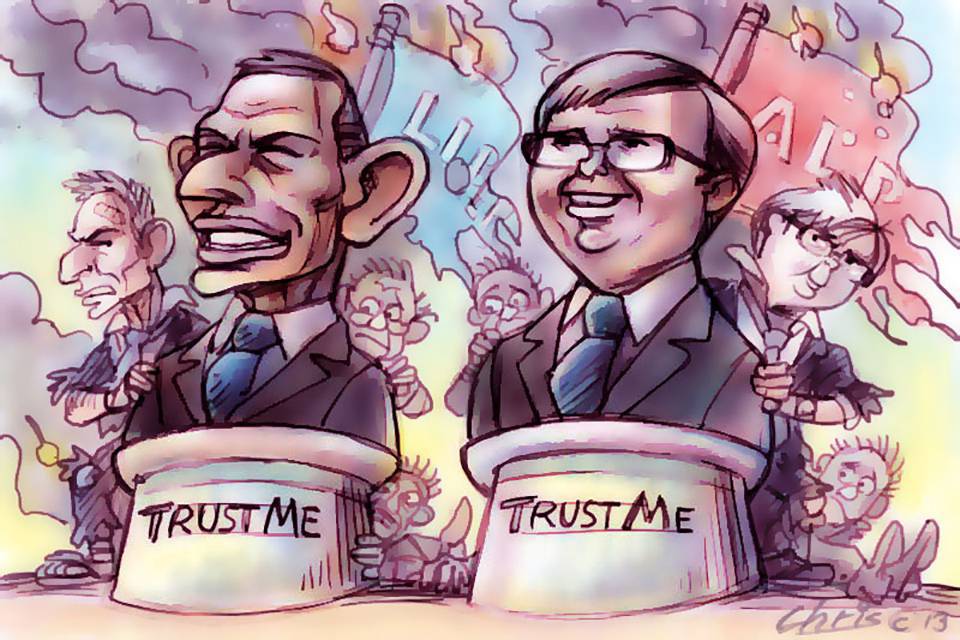German Social Democrats upbeat over coalition talks as conservatives regroup
Germany's Social Democrats (SPD) began talks aimed at forming a ruling coalition on Thursday, amid reports that the head of the only party challenging them for leadership of the next government had offered to resign following a poor election result. The Greens and business-friendly Free Democrats (FDP) agreed on Wednesday to enter the talks with the centre-left SPD, which narrowly beat outgoing Chancellor Angela Merkel's conservatives in the Sept.

Germany's Social Democrats (SPD) began talks aimed at forming a ruling coalition on Thursday, amid reports that the head of the only party challenging them for leadership of the next government had offered to resign following a poor election result.
The Greens and business-friendly Free Democrats (FDP) agreed on Wednesday to enter the talks with the centre-left SPD, which narrowly beat outgoing Chancellor Angela Merkel's conservatives in the Sept. 26 federal ballot, but without winning a majority. Unlike many other European countries, where the president or monarch invites one party leader to try to form a government, in Germany it is up to the parties https://reut.rs/3l7wtoM themselves to decide.
SPD co-leader Norbert Walter-Borjans said the three parties would focus on trying to bridge their differences "one by one", with a view to forming a coalition. "We don't want to talk about each other. We want to talk with each other," Walter-Borjans said as he arrived for the talks. "I have a good feeling that we have common convictions, that we want to take the country forward."
Speaking in Rome, Merkel said the formation of a new coalition would "certainly happen more quickly this time than was the case when the government was last formed." After the last federal election in September 2017, it took until March 2018 for the new government to take office.
At stake this time is Germany's political future after 16 years with Merkel at the helm, its appetite to shape Europe's largest economy for the digital era, and the extent of its willingness to engage with allies on global issues. Both the Greens and FDP have kept in reserve the option of pursuing negotiations with the CDU/CSU conservative bloc, but they said on Wednesday https://reut.rs/3ldwc3I there would be no parallel talks for now.
The conservatives are grappling with the aftermath of what was their worst-ever result in the election, leaving CDU leader Armin Laschet - the bloc's candidate for chancellor - fighting for his political life He reportedly offered to make way for a successor, multiple German media reported on Thursday.
According to participants who spoke with Reuters, Laschet told conservative lawmakers in a call that the party needed a new start after its election defeat, a process that he wanted to help moderate. Laschet is due to make a statement at 6.30 pm local time (1630 GMT), just after the SPD, Greens and FDP are expected to give an update on their talks.
An SPD/Greens/FDP coalition already governs in the western state of Rhineland-Palatinate, but such a formation would be a first at federal level in Germany. The FDP and Greens, far apart on many key policy areas, have already worked to find common ground in bilateral talks.
FDP leader Christian Lindner said on Wednesday his party, which has a greater policy overlap with the conservatives, shared with the Greens "a mutual conviction that there must be renewal in this country". Ahead of Thursday's talks, Greens co-leader Robert Habeck told broadcaster ZDF the substance of the meeting must remain confidential: "There needs to be a haven of trust that allows the partners to try things out," he said.
(Additional reporting by Andreas Rinke; Writing by Paul Carrel, Editing by Raissa Kasolowsky and John Stonestreet)
(This story has not been edited by Devdiscourse staff and is auto-generated from a syndicated feed.)










